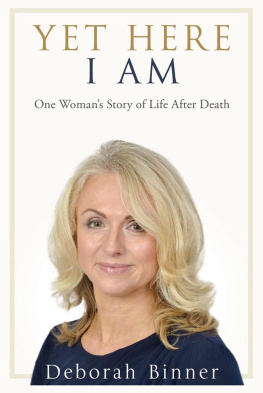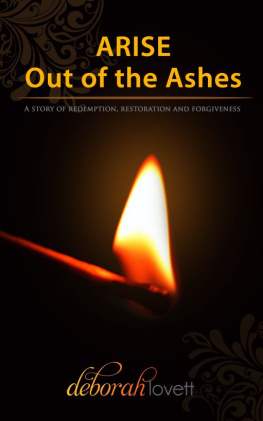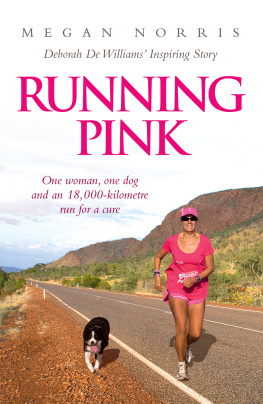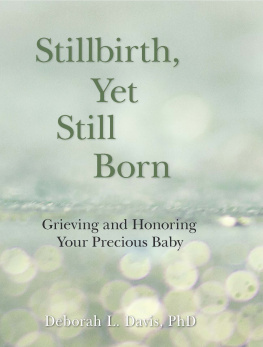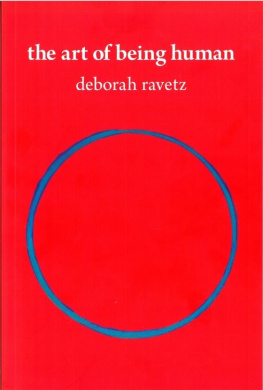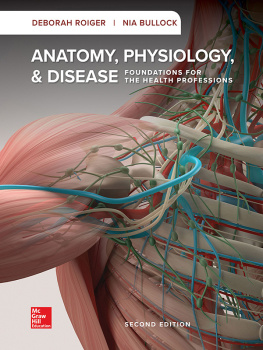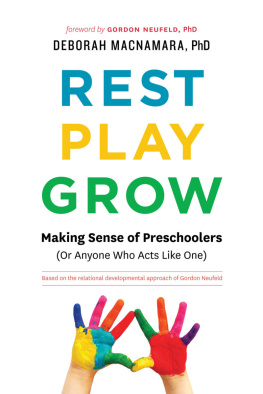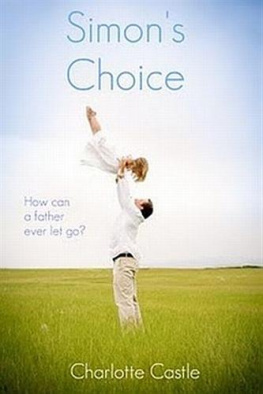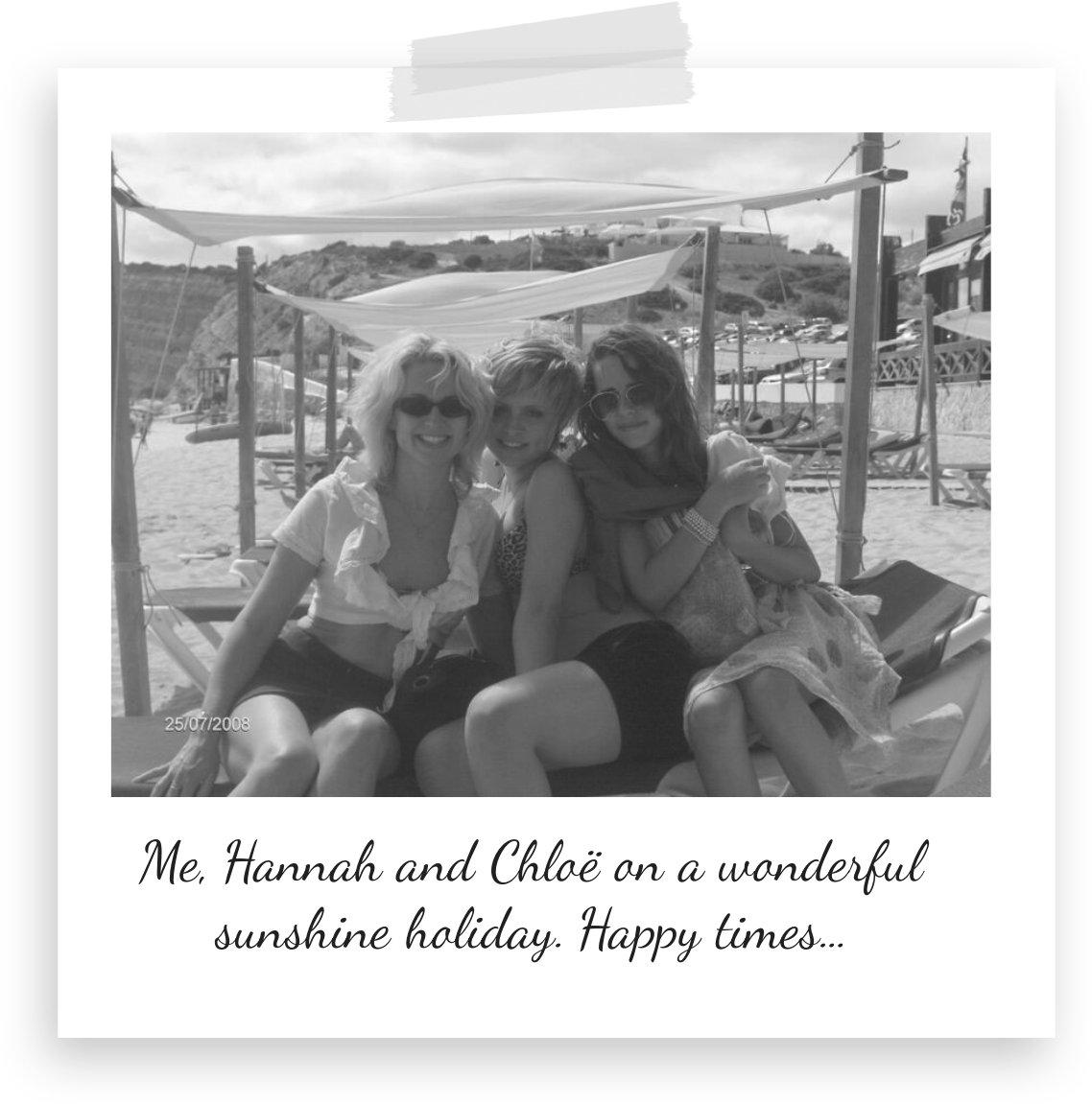Stop worrying - nobody gets out of this world alive.
- Clive James
IT was a gentle breezy spring day. I was in Copenhagen with two of my closest friends. There was an unsteady contentment creeping into my life; it was a new feeling. It felt very fragile but it was nice. Gosh, Copenhagen is beautiful! We were climbing together up the stairs of the Vor Frue Kirke (Church of Our Lady) the citys main cathedral. I glanced at my friend Sians lovely face; she was smiling.
Ah, dear Sian and her husband Mike. The kind of friends everybody needs. The people who have walked alongside me, never looking away, as the events of my tumultuous life have unfolded. Theyve supported me every inch of the way through two catastrophic losses. They have been outstanding friends and I am unashamed to say I love them as dearly as if they were my own family.
It was the third year that I had escaped to somewhere beautiful on February 28th. A dreadful day indeed. The anniversary of the death of my precious daughter Chlo. Somehow, being outside of the UK helped. That veil of happiness that coats one on holiday is hugely helpful in times of the most terrible grief that a human can bear: the loss of a child. The beauty and promise of a new world, a contrast to the ugliness of what my family had lived through.
Oh God, I know you. A round British woman tapped me assertively on my shoulder. Excuse me? I replied, assuming mistaken identity as I knew nobody in Copenhagen. Her face literally crumpled into a mixture of shock and embarrassment and the words streamed out of her mouth before she could stop them.
Oh no, you are that poor, tragic lady from the TV. However do you cope?
To her credit I think she would have popped the words back in if she could. Most people dont mean to be hurtful. In all fairness I had shared part of my life with a national and then international audience through the BBC BAFTA-nominated film How to Die: Simons Choice. She had clearly seen me on TV at one of the darkest times of my life and seeing me later, out of context, felt she knew who I was.
Ah yes this is another whole part of my life, the death of my husband Simon. The love of my life to that point. The man who had swept me and my two young daughters up and given us the family and the love wed never had. The man who made me laugh so much every day, with his eccentric nonsense and ferocious love of life. The man who, just one year after our Chlo had died, was struck down by the illness that is so horrific that even battle-hardened medics can barely dare to whisper its name.
Motor Neurone Disease (MND) is an uncommon condition that affects the brain and nerves. It causes weakness that gets worse over time. Its always fatal, but some people live with it for many years. Theres no cure but there are treatments to help reduce the impact it has on your daily life. Its caused by a problem with cells in the brain and nerves called motor neurons. These cells gradually stop working over time. Its not known why this happens.
Well thats what the NHS says about it. Heres my take: MND is the closest to a living hell that Ive ever seen. It can take down the strongest person in a matter of months. If you are especially unlucky you get the Bulbar Palsy type. This is the fast-moving version which starts around the mouth, with life expectancy between six months and three years. It creeps in; a strange, tingling feeling in the tongue, speech that makes you sound drunk. Then it gets going. Choking on almost anything, coherent speech disappears leaving the sufferer to communicate with muffled noises and grunts. You fall flat on your face with no warning. Your reactions go so that you cant even put a hand out to break your fall. You whack your head on the floor again and again and again. You cough food all over the place and your breathing becomes laboured. Your arms stop working, then your legs. You shake uncontrollably and you live with the constant fear of choking to death. Your dignity is smashed into tiny pieces.
There are some gadgets that help like a walking trolley and anti-depressants have their uses - they control what the medics call emotional lability which is the need to burst out crying at inopportune moments. Id call it sanity. Who would not want to sob with such a burden to carry?
Aside from this, I really cant think of a single positive thing to say about this hideous disease. Oh, and because its considered rare - approximately affecting one person in every 50,000 with over 5,000 people in the UK affected at any one time - the pharmaceutical industry doesnt really bother with it; not enough people to make it worth the huge investment required to develop new drugs. So, no new drugs on the horizon and very little that they can do. Im fucked, my dear husband said. And he was.
Hed been such a proud, dignified man. A real man. Pragmatic, fiercely intelligent and brave. But also a man our little family knew it could rely on entirely. He made us feel safe and we knew beyond any doubt that he would literally kill anybody who would hurt a hair on any of our heads. He was the kind of man I would want my daughter to marry. The kind of man Id like my grandson to grow into. A man of stature and depth. An old-fashioned Englishman in some ways.
The endgame of MND is not to my liking, he said with characteristic understatement. He therefore became one of 37 UK residents who each year choose an assisted death in Switzerland. Not many of these however choose to have their last months on earth filmed by a BBC film crew. But my husband was unusual in many, many ways.
It was early in his illness when he could still just about speak. He burst into the room with a huge grin on his face: Right, Im off to Dignitas, (the more well-known Swiss assisted dying clinic) and they are making a film of my final few months on earth. Isnt that splendid? He told me proudly.

